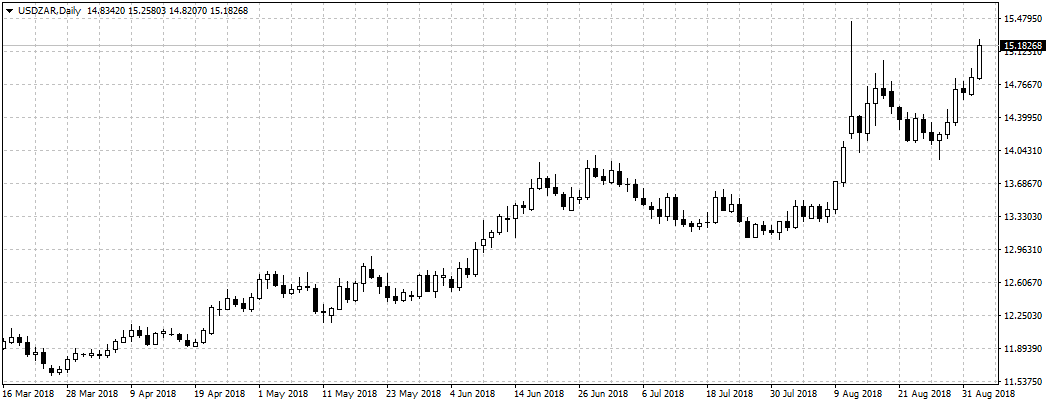News
South African Economy Slips Into Recession in Q2; Rand Falls
- South African Economy Slips Into Recession in Q2; Rand Falls
Africa’s second largest economy South Africa contracted in the second quarter of the year despite series of changes made by President Cyril Ramaphosa.
The economy contracted by 0.7 percent in the second quarter, according to the Statistics South Africa. Better than the downwardly revised 2.6 percent contraction filed in the first quarter and worse than the 0.6 percent growth projected by analysts.
The economy was largely dragged into recession for the first time in nine years by the weaknesses recorded in the agricultural, transport and retail sectors.
Agricultural output declined by 29.2 percent in the second quarter, while the transport, communication and storage sector dropped 4.9 percent during the same quarter.
However, the mining and financial sectors expanded in the second quarter, growing at 4.9 percent and 1.9 percent, respectively.
The Statistics South Africa revised down the first quarter GDP to -2.6 percent, saying contraction was steeper than initially reported. Suggesting there is broad-based weakness across all the sectors.
According to South Africa’s Statistician-General Risenga Maluleke “We reported a contraction in the first quarter … and now in the second quarter with a fall of 0.7 percent. We are in a recession.”
Experts now expect the South African Reserve Bank to leave interest rates unchanged in its next meeting.
“There is no way to sugar coat the numbers, the growth picture in the first half of 2018 is ugly and it shows in this economy that there is broad- based weakness across the primary and tertiary sectors of the economy,” said senior economist at BNP Paribas Jeffrey Schultz.
The rand fell more than 2 percent against the US dollar after the data was released to trade at 15.18.
